
There's a pretty good chance your dog has had diarrhea at some point. Diarrhea is characterized by the passing of watery or very soft stool and is one of the most common signs of illness reported by dog owners. It's important for dog owners to understand why dogs have diarrhea and also know how to respond to it—what you can give them to treat diarrhea, when to be concerned, and more. Here's what you should know about diarrhea in dogs
Diarrhea is loose, liquid, or very soft stool that tends to happen more frequently than normal and is larger in volume. Normal stool should be well-formed and solid. Diarrhea can range in consistency from slightly soft and unformed to thin and watery.
Diarrhea is common in dogs and may be caused by a variety of things. For example, it may be the result of something as simple as dietary indiscretion (we all know some dogs who get into the trash or sneak table scraps). However, diarrhea may be related to something more serious, such as an infectious disease or ingestion of toxins. Some potential causes of diarrhea include:
One or two episodes of diarrhea are not necessarily reasons to become alarmed. Some cases of diarrhea are self-limiting (meaning they resolve on their own). If your dog is still eating and drinking, that's a good sign. Never give over-the-counter or prescription medications without your vet's advice. If you're that concerned, it's best to take your dog to the vet.
If your dog has diarrhea once or twice and is otherwise acting normal, remove food (not water) for 12 hours and observe your dog for the day. Monitor the stool color and consistency and make note of anything seen in the stool, such as blood, mucus, or pieces of plastic, fabric, or other inedible material. Note that dogs with diarrhea may strain to defecate with little or no stool production. This is not necessarily a cause for concern unless it continues for more than a day.
Contact your veterinarian if diarrhea continues for more than one day, or if you see other signs of illness, such as vomiting, lethargy, or loss of appetite. Occasional diarrhea is not considered normal either. If your dog has diarrhea off and on for more than a week or two, you should schedule an appointment with your veterinarian.
Continued diarrhea can lead to dehydration or weight loss and could be a symptom of an underlying illness. It's important not to ignore symptoms when your dog is sick. Dogs often hide their illnesses for as long as possible, acting as if they feel normal when there's really something more serious going on.
Before heading to the veterinarian, try to collect a sample of the diarrhea and bring it to the appointment so they can check for intestinal parasites. Of course, you should always wear gloves or use a plastic bag and wash your hands well afterward. If you can't take the stool sample to the vet right away, store it in the fridge in a sealed bag or container for up to 24 hours. Many people prefer to double-bag it because it is poop, after all.
If any of the following circumstances apply to your dog, contact your vet immediately:
If your dog has diarrhea one time and otherwise acts completely normal, you can probably continue with its normal routine and feeding. Just keep watching for diarrhea, vomiting, loss of appetite, and signs of illness.
Your veterinarian will examine your dog and discuss their history to determine the cause of your dog's diarrhea. Other diagnostics, such as blood testing or X-rays may be necessary, and your vet may discuss medications, supplements, and dietary changes.
Treatment of diarrhea in dogs often depends on the underlying cause. Your vet may recommend medications such as metronidazole to address bacterial overgrowth or other drugs that can help firm up the stool. If intestinal parasites are found, your dog will receive the appropriate dewormer. Dogs with severe diarrhea may need to be hospitalized for supportive care, which can include intravenous fluids to combat dehydration.
Your veterinarian may recommend feeding a bland diet at home until your dog's stool returns to normal. To prepare a bland diet, mix plain, cooked white rice with boiled unseasoned chicken breast or ground low-fat meat with plain white rice. Drain off any residual fat after boiling the meat. Don't add salt or seasoning.
Feed your dog the bland diet as directed by your vet. When the diarrhea has improved, transition back by gradually adding more of your dog's normal food to the bland diet mixture. Call your vet if diarrhea continues for more than 24 hours or if other signs of illness develop.
As you likely know, diarrhea cannot be entirely prevented. Preventive measures related to your dog's diet are your best bet to guard against diarrhea. Avoid things that can cause digestive issues and generally wreak havoc on a dog's gastrointestinal system. You can't stop all illnesses from affecting your dog, but you can take steps to protect your dog from some of the common causes of diarrhea.
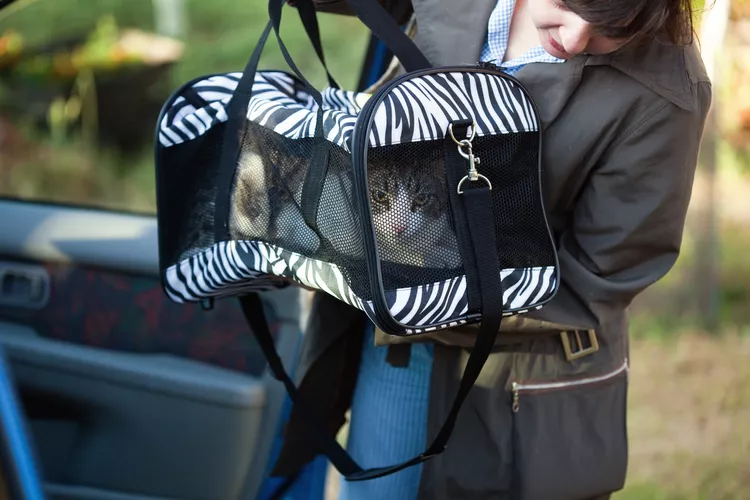
How to Take a Car Trip With Your Cat
Think you can't travel with your cat? Think again! Traveling with your cat just takes a little preparation and planning. Here's how.
How to Determine Your Cat's Age
Determining the age of an adopted cat is just guesswork, but a vet can look at teeth, sexual maturity, fur coat, and eyes to estimate.
Cat Food Ingredients to Avoid
When checking the nutrition content of cat food, look for ingredients that are not healthy or show it is of poor quality. Avoid these 3 ingredients.
What You Need to Know About Homemade Cat Food
If you want to cook for your cat, make sure to read about the risks associated with homemade diets for cats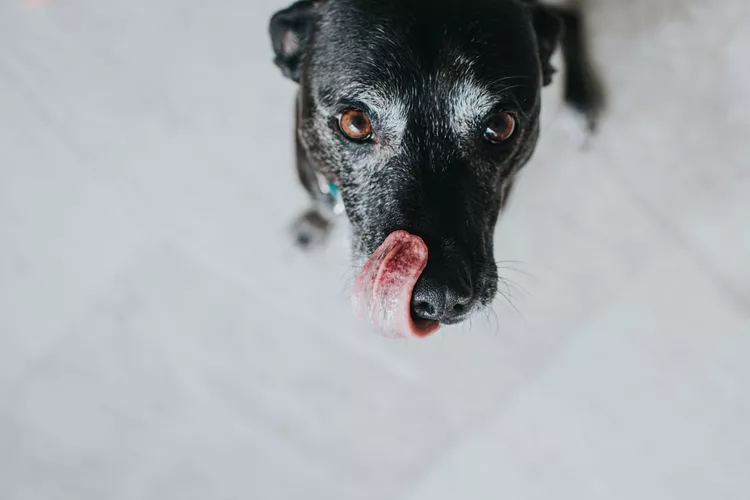
Can Dogs Eat Raw Chicken Feet?
What are the potential health benefits of chicken feet for dogs? What are the risks?
Macadamia Nuts and other Nuts That Are Toxic to Dogs
Find out why macadamia and other nuts are poisonous to dogs, what signs to look for, and what is needed to treat the toxicity.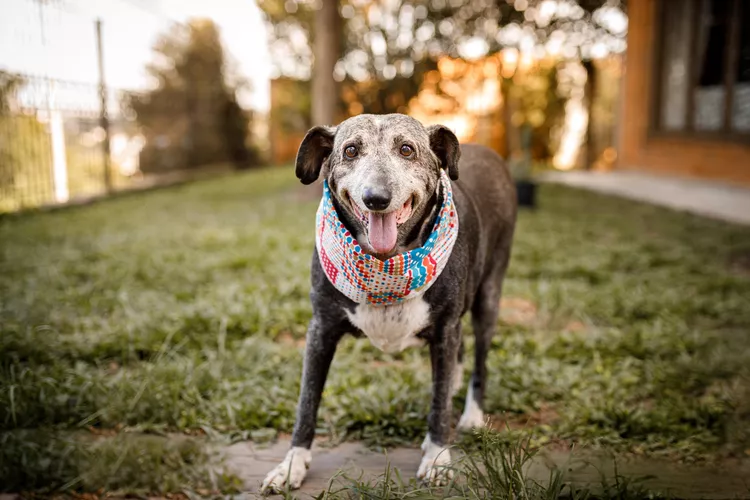
10 Tips for Taking Care of a Senior Dog
Is your dog a senior? Changes to their diet, exercise, and care are required. Here's how to make sure they're living their best and healthiest life.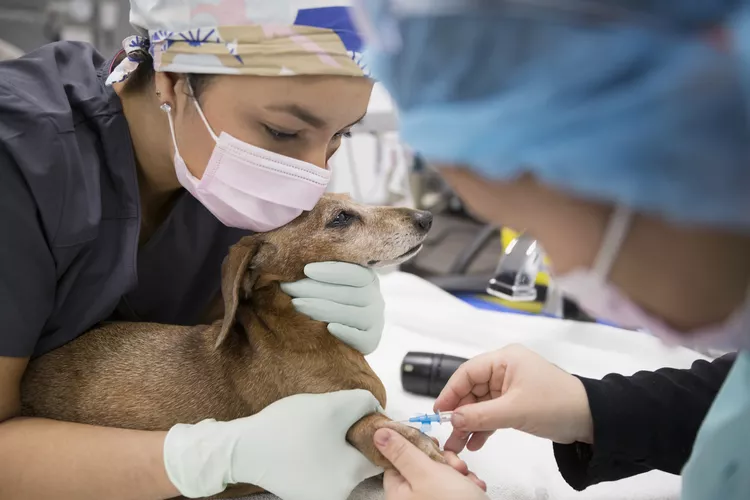
Hookworms in Dogs
Hookworms can make a dog uncomfortable but may also lead to serious blood loss and anemia. Learn the causes, treatment, and prevention.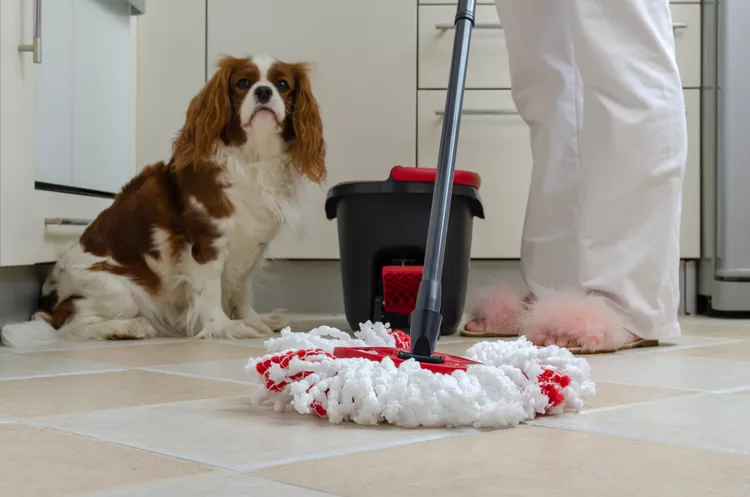
Is Swiffer WetJet Safe to Use Around My Pet?
ASPCA toxicologists deemed Swiffer WetJet to be safe for use around pets, but there are other all-natural floor cleaning options available.
Can Dogs Eat Bread?
Is bread a safe snack for you dog? Are there kinds of bread you should avoid? Learn more about whether it's okay to feed your dog bread.
14 Hypoallergenic Cat Breeds for People With Allergies
There are no true hypoallergenic cat breeds. But some, such as the Siamese and Siberian, might be less likely to cause allergies than others.
Burmilla: Cat Breed Profile, Characteristics & Care
The playful and social burmilla is one of the newest cat breeds to be officially recognized by the CFA. Learn about burmilla breed.
Nebelung: Cat Breed Profile, Characteristics & Care
The Nebelung is a rare breed of domestic cat that’s known for their long gray-blue fur and gorgeous green eyes. Learn about the Nebelung cat breed.
Cymric: Cat Breed Profile, Characteristics & Care
The Cymric, a long-haired Manx, is one of the world's oldest cat breeds. This tailless cat is friendly and playful. Learn about the Cymric breed.
Here's Why Cats Groom Themselves
Learn all about cats' grooming habits: how and why cats groom, including mutual grooming, over-grooming, and displacement grooming!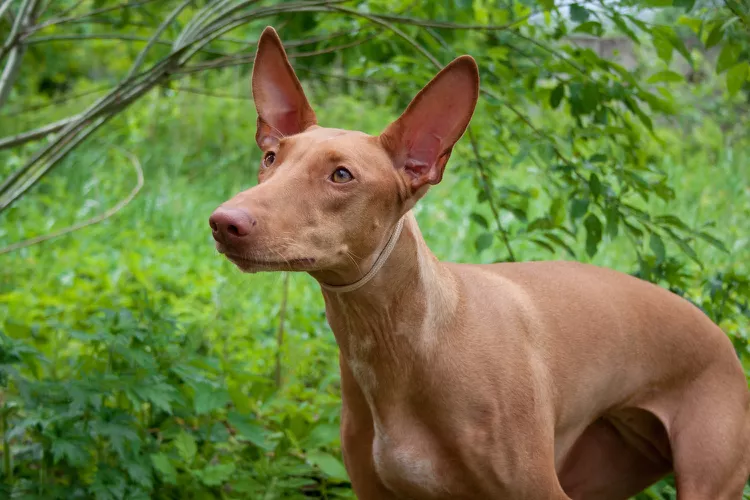
Pharaoh Hound: Dog Breed Characteristics & Care
Learn all about the Pharaoh hound, a sight hound dog breed known for their slim appearance and the ability to blush when excited.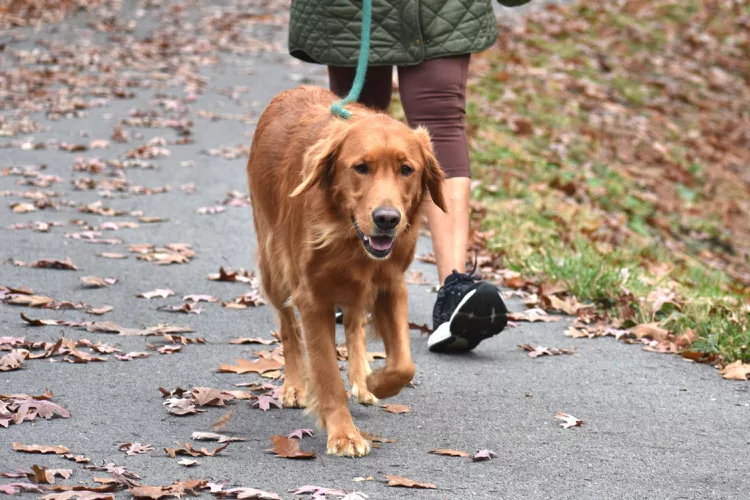
How to Walk Your Dog
Dog walks should be fun for your dog while respecting your community. Learn why walking your dog is important and get essential safety and training tips.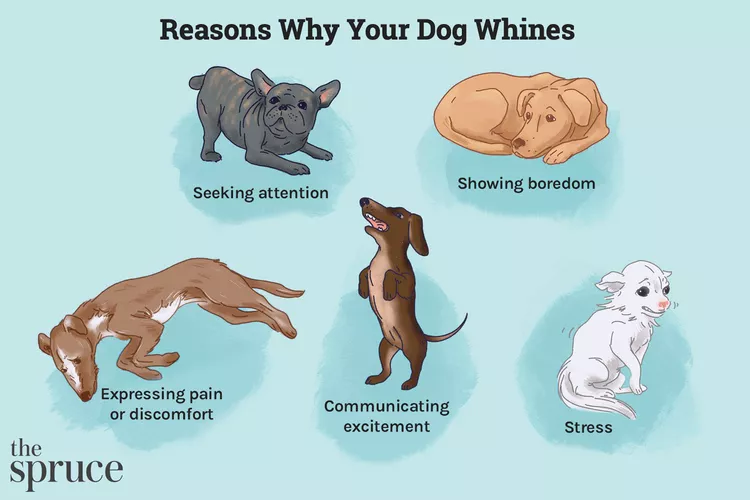
How to Stop Your Dog From Whining
Whining is a natural way for your dog to communicate with you. Explore the reasons dogs whine and how to discourage your dog from whining too much.
How to Stop Your Dog From Barking Excessively
All dogs bark, but excessive barking is a behavior problem. Learn how to help stop excessive barking and prevent it from happening all the time.
How to Train Your Dog to Live With Another Dog
When you add a second dog to your household, it's natural that there will be an adjustment period. Learn how to get two dogs to become acquainted.